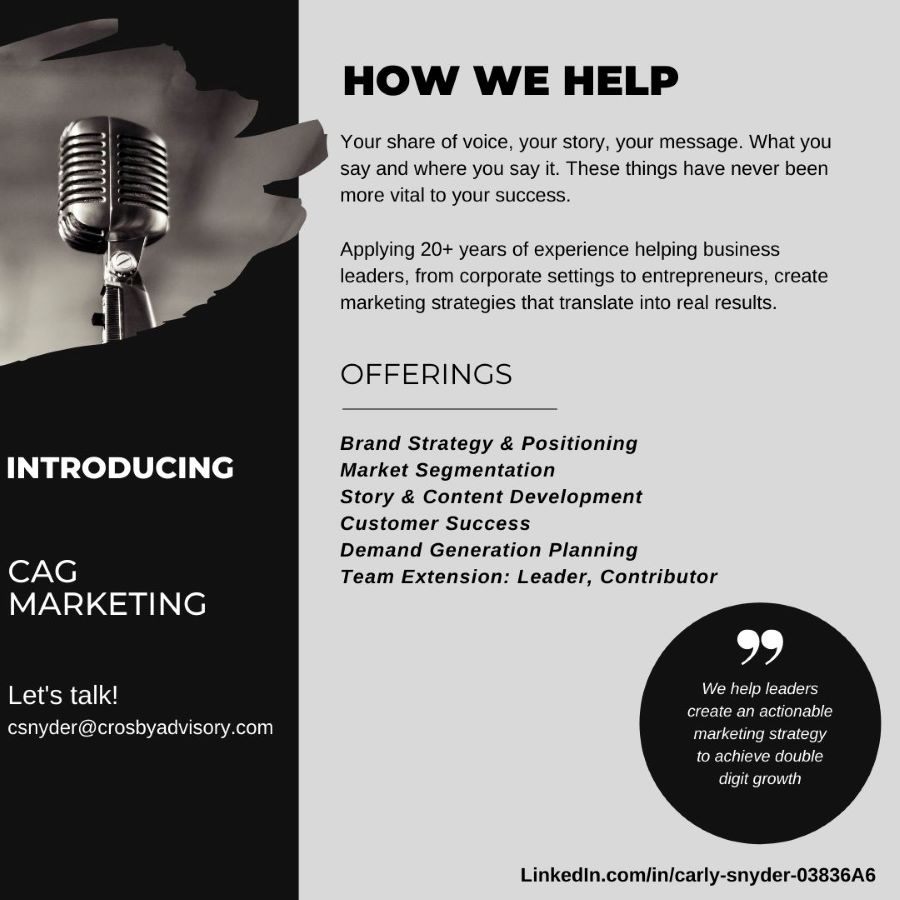
When SWIFT became a household name
Another SWIFT besides Taylor
For the first time in several years, a Google search of "SWIFT" yields something other than Taylor Swift. What is SWIFT? SWIFT stands for the Society for Worldwide Interbank Telecommunication. SWIFT is essentially a messaging system that connects roughly 11,000 banks in over 200 countries to each other and allows these banks to seamlessly transfer money across borders for bank clients. There are other messaging systems out there but SWIFT is by far the most widely used and any country that is banned from SWIFT is effectively cut off from trade. That is exactly what banks from G10 countries decided to do to Russia. Immediately following Russia's band from SWIFT, the Ruble plummeted 30% and some highly traded Russian ETFs have plunged over 50%.
This was not the first time that the SWIFT messaging system has been weaponized. In 2012, Iran was banned from SWIFT. On smaller scales, we are seeing other financial platforms flex their muscles. PayPal, Mastercard, and Visa are recent examples of payment systems that have refused certain parties, both domestically and internationally, to accept payment on their networks. History is being written right now in front of our eyes. The actions of today will have lasting consequences on money and how money is exchanged in the future. While these events can be scary, as the unknown often is, we see technology actually increasing individual freedom and prosperity in the coming years. For anyone looking for an oldie but goodie read, check out The Sovereign Individual by James Dale Davidson and Lord William Rees-Mogg. It was written in 1997, but it's shockingly relevant.
Weekly Wisdom
"Be not afraid of going slowly. Be afraid of standing still" Chinese Proverb
What happens to life in a stagnant pond? What happens to a plant that stops growing? Life is characterized by growth and movement. If we are to prosper, we must continue to grow, to become something more than we were yesterday. Reaching our potential doesn't require us to be the fastest, but it does require us to keep moving forward.
Dark Social -Carly Snyder
You are going to be so much smarter after reading this newsletter. Not only can you now explain SWIFT to your friends at the next gathering, soon you'll also be able to expound on Dark Social. I bet you are even a part of the Dark Social.
Where do you get your information?
Do you find yourself going to Google/Bing/Yahoo (insert favorite search engine here) first? Second? Not at all? If you’re anything like me, you still use search engines out of habit but can’t help but wonder if the results are all just paid sponsorships and if that product is – in fact – the best option. Imagine how many businesses we are missing out on because they can’t buy their way to the first page of results. The same goes for Amazon. More and more you hear about storefronts that aren’t even managed by the company they are selling goods from – not to mention sponsored posts, planted reviews, and ratings – you name it.
Insert the rise of dark social! Have you heard this term? It’s used by marketing professionals to describe website referrals and traffic that is difficult to track. Without a specific source, it is near impossible for companies to monitor common digital KPIs like website referrals and social media engagement. Buyers are now using alternate sources to evaluate products, find companies, and ultimately build trust with a brand. What exactly is dark social - here are some examples: social networks, content platforms, groups & communities, word of mouth and messaging apps.
I challenge you to consider if you are more likely to take a recommendation from someone you know / a community or brand that you trust or search results that were tailored just for you. If your answer falls to the first option, ask yourself if your company’s marketing strategy is optimized for dark social.
Need help? Contact us! You can also listen to Carly talk about Dark Social here.
What is the Value of Gold? -Derek Ballinger
If you read any books about investing a core point that is hit hard very early on is the difference between price and value. Price is what you pay and value is what it is worth and utility would be what you get out of it. If you are familiar with economic history you may have heard of the anecdote of the tulip bulb bubble in the Netherlands. It's a well-known story that you can find many details about online if you want to learn more, but it illustrates the differences between price, value, and utility. A conversion on Investopedia estimates some tulip bulbs traded for $750,000 in today's money and the average fell around the $100,000 range. The tulip bulbs were monetized and used as a speculative asset On our podcast we often come back to the question “what is money”. A definition I like is the most liquid asset. Meaning something that can be turned into purchasing power quickly. Tulip bulbs were money, seashells have been money, gold has been money, the paper has been money. The utility of tulip bulbs was held constant, nobody found out they could cure cancer with tulip bulbs which would have made them more valuable. The value of the tulip bulbs was that they had the potential to be sold for more money in the future, and the price is what people paid in the short run. In the long run, value and price converged, when the tulip bulb bubble popped and they were no longer used as an asset the price of the bulbs converged to the utility they provided to people.
Utility of Gold
Gold has some utility, small compared to the utility of oil or copper yet all of the gold on earth is priced at around 12T in USD, the industrial use of gold accounts for around 11% of gold, and jewelry accounts for around 36% and most of what is left is held by governments or investors as an asset.
“Gold is money, everything else is credit” -J.P. Morgan
Without getting into complex macroeconomics on how fiat currency derives value and how its created within the banking system, this famous quote uttered in 1912 speaks to how we can determine the value of gold. Gold has been considered valuable by human beings for thousands of years and I think that track record is why investors and institutions hold gold. When a country has the global reserve currency the incentives are way too strong to print your way out of any problem you have, human nature and game theory predicts that nobody will resist that temptation when time preference is usually a four-year election cycle. Since ancient Rome fell for the incentive and diluted the currency, in 1971 the United States abandoned the gold standard, and in 2008 they printed hundreds of billions to fix mistakes, and in 2020 they printed many trillions because it's just too easy.
We’ve seen this movie before, if we look at what happened after 1970, what happened after 2008 and what will likely happen after 2020 is a move up in the price of gold. Whether that is to reprice gold under the new diluted currency or if it's an increase in demand for a commodity that has had value for thousands of years, or both. So how do you value gold, one way to look at it, is gold is the ruler that can be used to measure against values of currencies as they either strengthen or decline. Value and utility of gold stay moderately consistent, the price of gold moves up as investors see value in locking up purchasing power in an item that is subject to forces of the market. Price is determined by supply and demand, which has less chance of being manipulated relative to fiat.
Gold is monetized just like the tulip bulbs, you could argue real estate is monetized, art is monetized. An investor does not buy a second house that they have never been to because it makes their life better, they don't receive utility, they either have a spending problem or they are looking to preserve purchasing power in an item when the currency is declining in value. These things get monetized due to the demand for hard money. This is why real estate values soared in 2020-2022 they didn't become more valuable or provide more utility but the denominator got larger. Under hard money, you would expect to see prices converge closer to the utility because the demand for monetization of assets decreases. You would just save in hard money rather than save in houses, gold, or art.
Health & Wealth get hydrated!
Macy educates us on how much water you should consume based on your body weight, and even how to make your own electrolyte beverage. Nate stays mentally strong by wearing a shirt his coworkers make fun of him for owning. You can listen to it here.
Grow and gain market share from your competitors.

This newsletter is for informational purposes only and represents the opinion of Crosby Advisory Group, CAG Marketing and NMD Insurance. Investing involves risk including the potential loss of principal. Understand all risk and fees before investing. Employees of Crosby Advisory Group, LLC, CAG Marketing and NMD Insurance may own investments mentioned in this newsletter.
Follow us on Social Media
Facebook: Crosby Advisory Facebook Instagram: Crosby Advisory Instagram Youtube: Crosby Advisory Youtube

